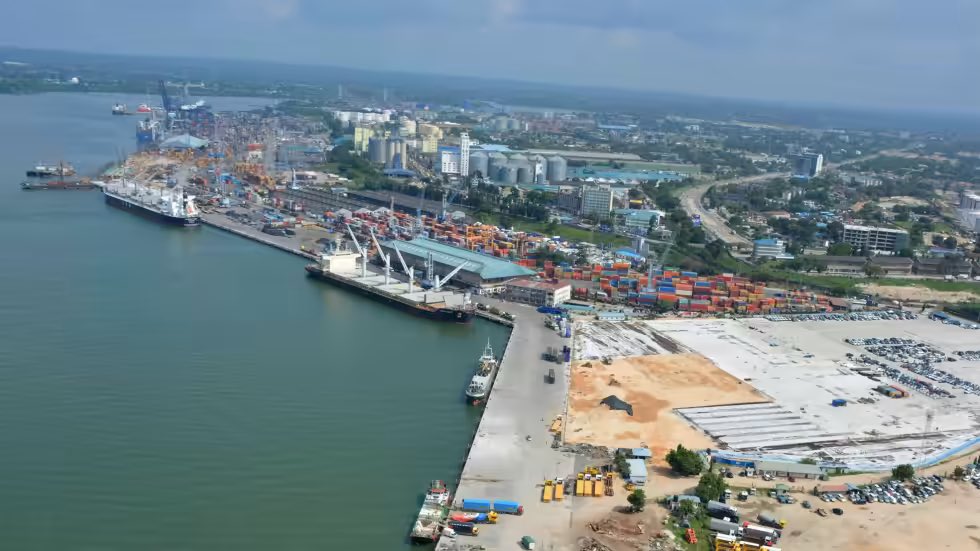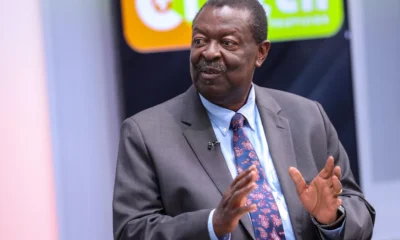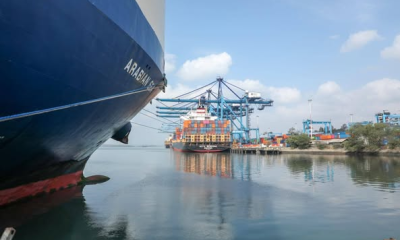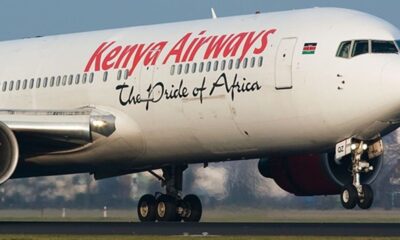In the recent past, atleast 22 people have been threatened or detained for criticising a deal between Tanzania and Dubai that covers the management of a Tanzanian port by Emirati logistics company DP World, according to Human Rights Watch.
Amnesty International said a number of dissents have been detained after speaking out publicly against the ports deal signed last October by President Samia Suluhu Hassan.
The agreement paves the way for DP World, a logistics company controlled by the emirate of Dubai in the UAE, to manage all the ports in Tanzania in consultation with the government.
The agreement was signed after a visit to Dubai by Tanzania’s president Samia Suluhu Hassan at which 37 memoranda of understanding were concluded. Hassan has sought to portray Tanzania as open for investment since becoming president in 2021 following the death of John Magufuli. It was ratified by parliament in June.
Critics of the deal say it poses a threat to Tanzanian sovereignty and security,
The agreement contained several unusual clauses that weakened Tanzania’s ability to change laws, annul contracts or seek competitive bids, said lawyers.
Clauses that have raised concern include one that prevents withdrawal from the deal “in any circumstances, including in the event of material breach, fundamental change of circumstances, severance of diplomatic or consular relations”.
However, the government has defended the accord, arguing that it will improve efficiency, cut costs and increase revenues.
“The Tanzanian authorities’ crackdown of critics of the UAE port deal reveals their growing intolerance to dissent,” Amnesty’s east and southern Africa director, Tigere Chagutah, said.
The accused could face treason charges — a non-bailable offence that carries a death penalty — Amnesty said, citing the defence lawyers.
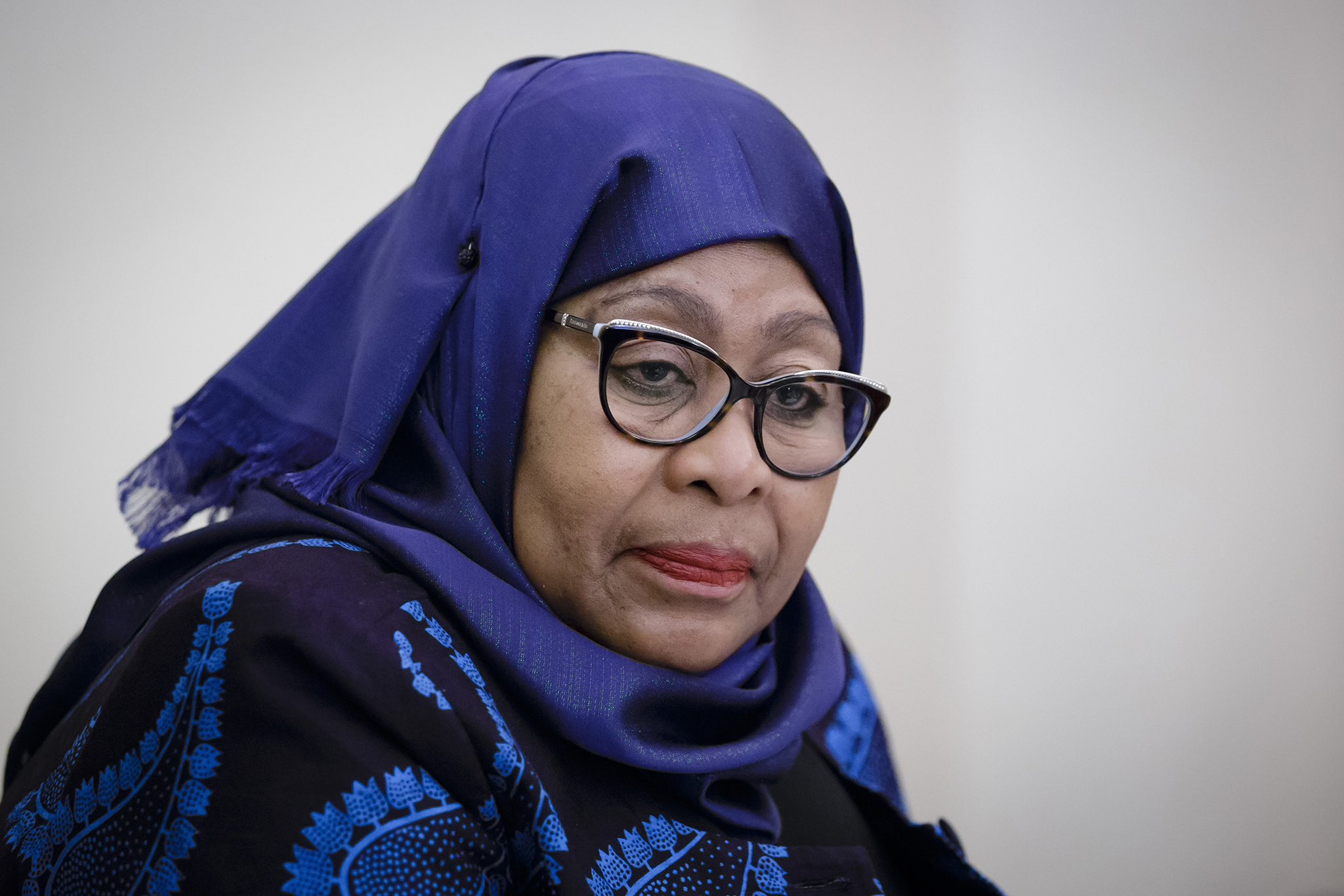
President Samia Suluhu Hassan.
Hassan came to power in March 2021 after the sudden death of her autocratic predecessor John Magufuli.
Although she has reversed some of Magufuli’s most controversial policies, critics labelled her a “dictator” after Freeman Mbowe, leader of the Chadema opposition party, was arrested on terrorism charges in July 2021 before being released.
Chadema is among those opposing the deal, which gives DP World exclusive rights for a period of 12 months to negotiate with the government on how best to manage the country’s 80 ports.
Kenya Deal
Dubai Port World, the UAE-based firm is also seeking to develop, operate and manage four Kenyan ports, has a controversial record.
In February, 2006, an announcement by DP World that it was taking over management of six US ports in a $3.7 billion (Sh436 billion) deal kicked up controversy in Congress, mainly on security considerations. Under pressure and public scrutiny, Dubai Ports dropped the deal.
In 2012, Djibouti filed an arbitration case in London against DP World, claiming that the firm bribed an official to secure concession to run Dolareh – the largest container terminal in Africa.
Though Djibouti lost, the case revealed insights into dealings between corrupt elites and global concession operators.
Former Treasury CS Ukur Yatani had invited DP World during the past regime of President Uhuru Kenyatta to submit commercial proposals for four projects. They include deploying its money to build three berths at Mombasa port, develop cold storage supply chains in Kisumu and Naivasha and to build a special economic zone in Lamu.
Treasury had also extended an invitation to submit a commercial proposal to equip and operate the three completed berths in Lamu.
By stating that the government has signed a contract to sell three ports to DP World, Kenya Kwanza leaders got it wrong. What is on the table is an offer to an investor to develop a project, and not sell the ports.
Questions, however, arose. Why is the government of the day was offering such sweet deals to DP World? Were procurement regulations breached?
Mr Yatani ought to have prepared a prospectus for these projects and put it out there for investors to come up with expressions of interest.
The flip side of this, however, is that having prior introduced an amendment to the PPP Act that allows investors to present and engage the government on unsolicited project proposals and without subjecting such projects to open tenders, the fact that the competitive bidding has been breached in gifting the projects to DP World may be a moot point.
Dubai World has displayed dubious tactics since first expressing interest in a port concession in Kenya in 2006.
Political fortunes
American economic historian Fred Cooper described the African state as the “gate keeper” where elites are perpetually fighting to earn corruptly acquired money through control of ports, customs centres and other interfaces between their countries and the rest of the world.
The DP World saga appears to be the latest in the scramble by corrupt elites to control the gate. The scramble has assumed global dimensions in Kenya in the past one year.
International ports and transport logistics operators are involved in battles over ownership and control of port concessions or control over profitable projects involving development and building storage and logistics facilities along main transport corridors. It is a vicious fight where only players enjoying patronage of powerful godfathers succeed.
Public litigation actors have already – at the behest of a global shipping group – lodged a legal battle where they have injuncted a plan by the government to shift control and ownership of the Japanese-built ultra-modern second container terminal to a consortium compromising the state-owned Kenya National Shipping Lines (KNSL) and Portuguese player – Mediterranean Shipping Lines (MSL).
The timing of the case, came just as the government had concluded plans to hand over management of the terminal to an entity effectively under the control of MSL, would appear to suggest shipping lines opposed to this deal calculated that they would rather have the deal postponed until after the elections.
They hedged their bets on the possibility that the new government will be inclined to block the deal.
Dubai Ports first entered the Kenyan fray in 2014 when the government floated an international competitive tender to concession the second container terminal in Mombasa.
Port operators from China, Japan, Singapore, Netherlands and several other countries participated in the tender.
The Chinese group, PSA International, which had partnered with local firm, Multiple Hauliers, had the highest marks, with DP World emerging second.
The process was then cancelled amid political undercurrents. Having lost in the open tender, DP World devised another approach.
In October 2016, the UAE quietly signed a bilateral agreement where it committed to lend Kenya $275 million (Sh32.4 billion) for expansion of the second container terminal on condition that Kenya allowed DP World to take control of the terminal.
Two months later, the UAE ambassador wrote to the National Treasury.
What happened next is still difficult to decipher. It seems political fortunes of DP World and its backers took a nosedive. Transferring the second terminal to DP World no longer enjoyed the support of the political elite.
In August 2018, the Cabinet decided to transfer the operations and management to the State-owned and almost moribund KSNL in a deal that included a new shareholding arrangement between that parastatal with MSL.
Effectively, the power and control of the terminal had been transferred to the Portuguese firm.
Kenya Insights allows guest blogging, if you want to be published on Kenya’s most authoritative and accurate blog, have an expose, news TIPS, story angles, human interest stories, drop us an email on [email protected] or via Telegram
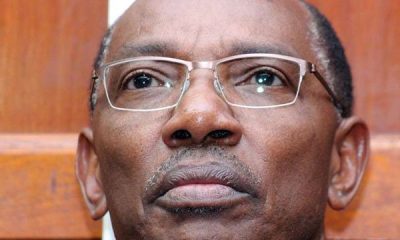
 Investigations2 weeks ago
Investigations2 weeks ago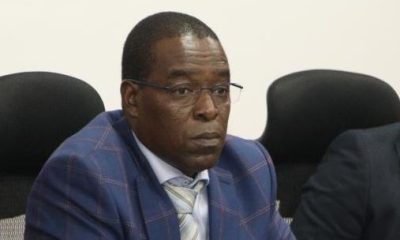
 Investigations2 weeks ago
Investigations2 weeks ago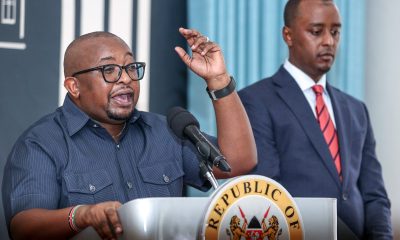
 Investigations2 weeks ago
Investigations2 weeks ago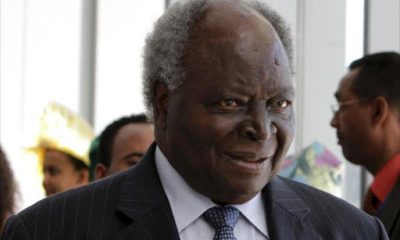
 Investigations1 week ago
Investigations1 week ago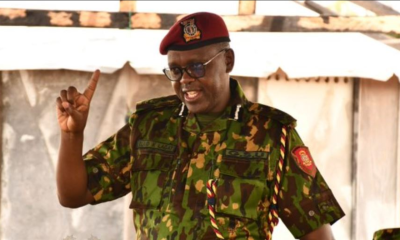
 Opinion2 weeks ago
Opinion2 weeks ago
 Investigations1 week ago
Investigations1 week ago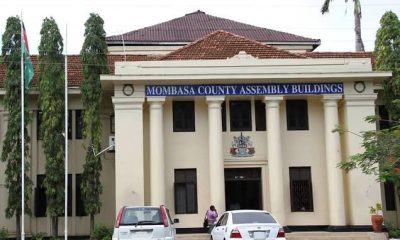
 Investigations1 week ago
Investigations1 week ago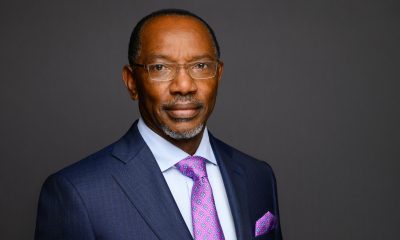
 Business1 week ago
Business1 week ago
